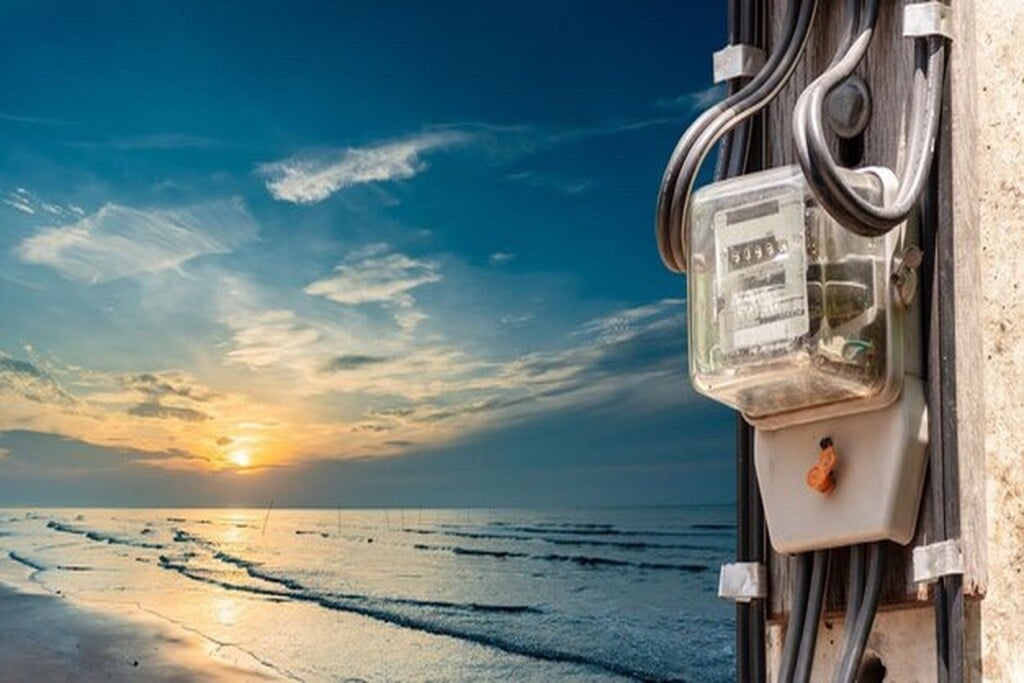Hawaii I.C.E. Map Taps Into Community Concerns About Unorthodox Raids
Masked I.C.E. agents are appearing more often in Hawaiʻi and across the country, raising concerns about due process and accountability. Reports show laborers, employees and legal residents being detained without clear identification or warrants. The trend is prompting broader questions about transparency and constitutional rights.

Until about 8 months ago, no federal law enforcement agency in modern history encouraged its agents to hide their identities behind masks, except for helmeted guard units during riots.
In fact, the trend had been toward greater transparency in the face of abuses by law enforcement at all levels, with body cameras required in some jurisdictions and community members helping to set policing standards and find common purpose.
Masks, by contrast, are the uniforms of bank robbers, street thugs, assassins, and other criminals who don’t want to be held accountable for their actions. We have also seen them throughout history in countries whose governments unleashed goon squads, secret police and thugs on segments of their own populations.
Remarkably, in just over a half-year, heavily armed and masked agents of the Immigration and Customs Enforcement (I.C.E.) agency have become commonplace across this country, including in cities and small towns here in Hawaiʻi. In video after video on social media, agents are shown acting with excessive force, without regard for due process, and with the confidence that the law does not restrict them.
Those are the trappings of authoritarianism.
For anyone who has lived in authoritarian countries, what stands out is the normality of daily life – on the surface. However, civil bonds unravel on the edges of society where the most vulnerable are taken away in the shadows, and behind the cloak of darkness or by people hiding behind masks in clear daylight.
It was against this backdrop that Hawaii Business Magazine’s I.C.E. Map began playing a role in the state.
When 44 people were arrested in Kauaʻi earlier this month, Hawaii Business Magazine’s I.C.E. Map (Hawaiʻi Ice Map – Hawaii Business Magazine) received numerous alerts to the sightings of agents. We host this map in order to give businesses, their employees and others in the community the necessary information to stay informed.
By now it’s become clear that the Department of Homeland Security and its I.C.E. agents are not limiting arrests to violent criminals and suspected terrorists – the originally stated targets.
Just over a week ago, President Donald Trump again stated in a “60 Minutes” interview that I.C.E. agents were only targeting dangerous criminals. News reports and scores of videos taken by citizens show a different story. They document arrests of farm workers, restaurant employees, teachers, and others simply walking through retail parking lots. Agents have mistakenly raided the wrong homes.
Instead of presenting judge-signed arrest warrants, or telling suspects their rights and following normal procedures, agents are caught on video in acts of racial profiling. They confront Hispanic-looking “suspects” and others on the streets or other public spaces asking, “Where were you born?” Even people with valid passports proving U.S. citizenship have been detained.
I.C.E. has targeted courthouses where some immigrants are going through the legal steps to seek citizenship. Immigration lawyers say those arrested are often denied legal representation or contact with family members before they are deported or sent to other facilities.
In a blurring of the legal boundaries of government-sanctioned and illegal acts, some criminals have begun impersonating masked and unidentified I.C.E. agents to perpetrate kidnappings or muggings. Who’s to know the difference?
California has taken the lead in setting standards on transparency and accountability. But the Trump administration sued in an effort to block implementation of newly passed laws, the “No Secret Police Act” that would restrict law enforcement officers in the state from wearing masks except in certain situations, and the “No Vigilantes Act” that would require law enforcement officers not in uniform to wear visible identification.
The federal government says it has no intention of adhering to the state laws which would take effect in January. So the tug-of-war between states and the federal government over fundamental rights will be decided in the courts.
Fern Holland, a Kauaʻi County Council member who witnessed the arrests on that island this month, later told Hawaiʻi Public Radio’s producer DW Gibson on The Conversation:
“I want to make sure all those people get due process. And I want to make sure that our rights and the liberties that this country was founded on are respected all the way through the process, and that those people are treated humanely and have dignity in the way that their case is presented, get the opportunity for a fair trial and whatever they’re entitled to. And at the same time, I want our law enforcement to ensure that we are taking criminals and potential gang associates out of our community.”
It’s an important distinction. The U.S. Constitution requires that all suspects be entitled to a fair legal process so that criminals can be removed from the community and the innocent can be protected. Authoritarian regimes short-circuit that process; functioning democracies cannot afford to do so.






